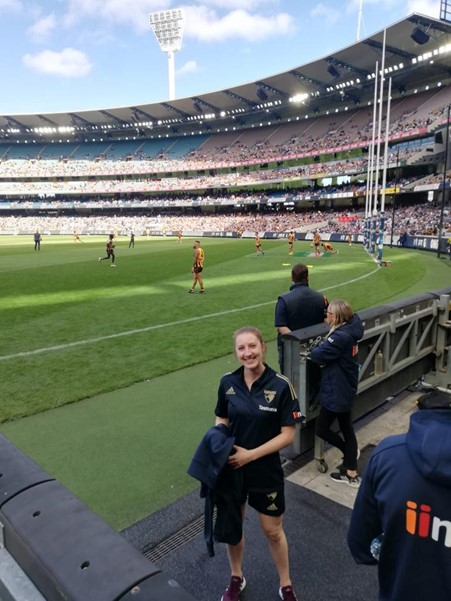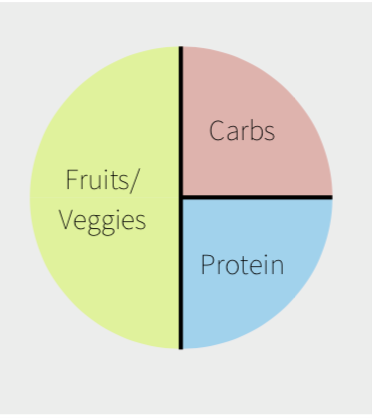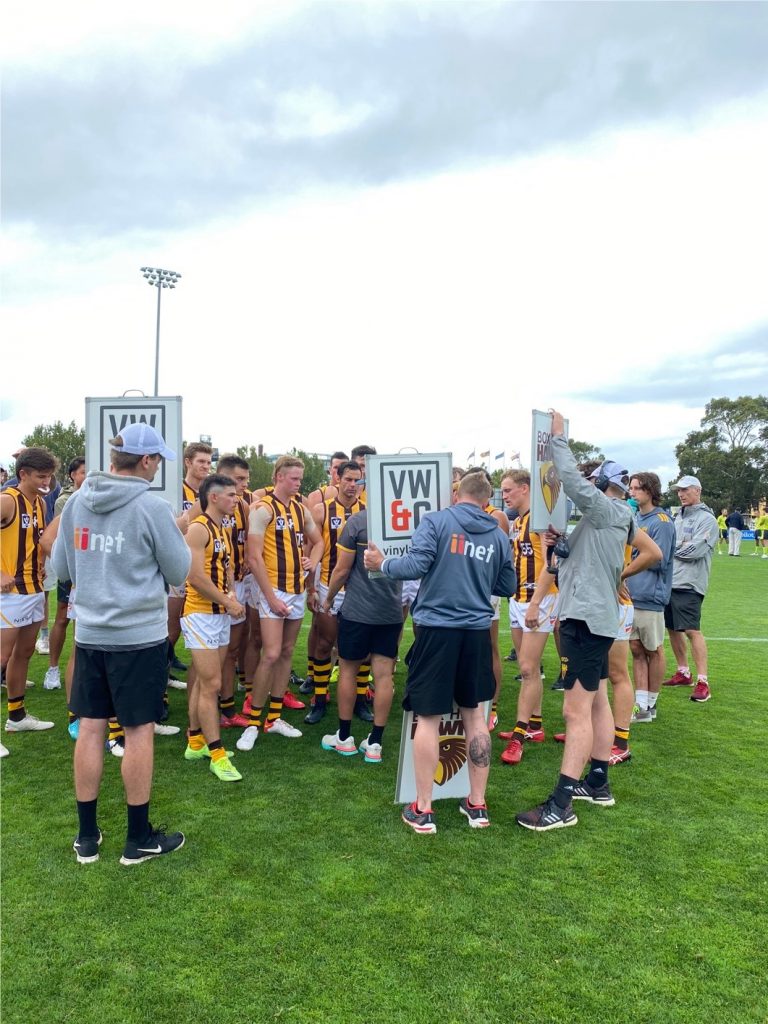04 Apr What is the best nutrition for football
What is the best football nutrition tips?
The football season is here, which is always an exciting way to get us through the colder months! However, it often raises the common questions – What do I need to eat for football games? Are orange wedges enough at half time? Should I eat a bowl of pasta the night before a game? Our Dietitian Alex, who also works at Hawthorn and Box Hill Football Clubs, gives us some insight into these big questions.

The day before a game
What is the best football nutrition the day before a game?
Ideally your intake the day before (including the night before) a game is well balanced, which will give you enough of the key nutrients to function well that day, but also to be well prepared for your game.
- A source of protein should be included regularly in the day, so at each meal and perhaps in some or all of your snacks, depending on your other goals. Protein is important for muscle strengthening and repair, but also a wide range of other functions in the body. Ideas include meat, fish, dairy, tofu, lentils and legumes
- Carbohydrates should also be included at least in every main meal, as these foods are your main source of energy. Consuming some regularly in the day prior to your game means that you can keep topping up your stored carbohydrates, known as glycogen. This may need to be increased depending on the activities you have on in the day. Some sources include rolls, wraps, cereals and oats, rice, pasta, potato, muesli bars and fruit.
- Colourful foods (fruits and vegetables) are always important, and these often get neglected in the typical ‘pasta the night before a footy game’ meal. We need these key vitamins and minerals to stay healthy and to function well, so we want to ensure a wide variety are consumed at each of our meals.
- Lastly, fluid intake is extremely important, as you want to enter a game already well hydrated. Keep sipping on fluids in the day leading up to your game to help you stay hydrated

Game Day – Pre Game
What is the best football nutrition just before a game?
Nutrition strategy pre-game can be more challenging if your game day/time varies throughout the season, but the core remains the same. Ideally you’d experiment with some of these foods/timing of food for training sessions or practice matches, so that when you get into the season you are well prepared and confident with your specific strategy.
- Your Pre-Game Meal should be approximately 3 – 4 hours before start time, so often this will be breakfast. This should include those same components we discussed for the day before: A source of protein, a source of carbohydrates and a source of ‘colour’. You also want to consider hydration at this point too, so that you can start your game well hydrated
- Carbohydrate Top Up is an opportunity about 1 – 2 hours before the game starts (or even as close to immediately before) to add a little extra fuel to your tank. These should be easy to digest carbohydrate choices, such as a piece of fruit, honey on white bread, pikelet with jam, a ‘sugary’ muesli bar or LCM, a handful of dried fruit or some pretzels. This may even be a few sips of a sports drink if food is not well tolerated. Don’t forget your hydration too!
- During the game we continue to think of our hydration, to replace the sweat lost while playing whenever you get breaks in play. Water is a great choice, but alternatives may be considered here too. Halftime is an opportunity to top up your fuel tank with some easy to digest carbohydrate choices, which are similar to those discussed pre-game. Orange wedges are a great choice if that is what is available!

Post-Match
Once the game is over, recovery nutrition comes into focus with the 3 R’s of recovery:
- Refuel with carbohydrates within an hour or so of finishing the game
- Rebuild with protein again, within about an hour or so of the game ending
- Rehydrate in the hours after the game
It is important to note that these are generalised recommendations and each person will vary slightly. For more specific recommendations, our Dietitian Alex is available on Monday mornings and Tuesday afternoons for in-person or online consultations.


